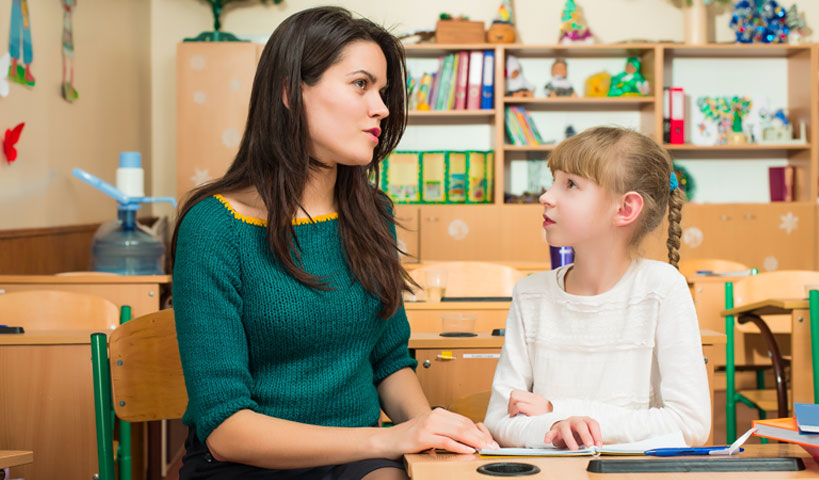As an educator or school administrator it is important that you remain vigilant for the signs of bullying in the school and help combat them as this is where things often start.
The warning signs can vary but here we discuss both the signs of a kid that is being bullied as well as signs that one of your students mightbe bullying others. Recognizing the signs of bullying at school is the first step to helping prevent it.
Watch for These Signs of a Child Being Bullied
You probably know your students perhaps often times better than their own parents due to the length of time you see them and all the non-parent interactions you have with them. Watch for changes in your students that could indicate they are victims of cyberbullying or bullying. Things to watch for include:
- Unexpected changes in grades or perhaps the student has lost interest in their schoolwork and is missing a lot of classes.
- They seem to be isolating themselves from others. Withdrawing from friends or avoiding clubs and social situations they normally had been involved with it a key indicator of a problem.
- Loss of confidence or easily frustrated when doing work or engaging in classroom discussions. They seem to have a sense of helplessness about them.
- Skipping meals and/or isolating themselves during the lunch periods.
- Seem to have stomach aches or headaches often. Maybe they appear to even be faking these to avoid certain situations.
- Injuries that seem to have no explanation or if one is given it sounds a little implausible.
- Lost or destroyed clothing, books, electronics, or jewelry
- Exhibit self-destructive behaviors like harming themselves, talking about suicide or generally acting out.
If you see any of the above signs don’t ignore the issue as they maybe in real danger. Try talking to the student about the issues and see how you can help. Sometimes having someone who is not their parents to talk to can make a big difference in that child’s life.
Recognize when a child is bullying others
Another key thing you can do is watch out for the bullies as well. You can help end bullying by attacking the problem at its root. Talk to them and teach them empathy for others. What you may find is that the bully has their own issues which are causing them to act out. A few things to watch out for are:
- Bullies can be competitive and are often acting out because they are worried about their own popularity or reputation at school.
- They tend to hang out with other people who also engaged in bullying. They may often get into verbal or physical fights at or after school.
- They don’t accept responsibility for what they are doing and tend to blame others for their problems.
- They act aggressively in class discussions or around the school. Watch for quick tempers or someone who tries to dominate the discussions in an aggressive manner often by belittling other opinions.
- They also tend to get in trouble and sent to the principals office frequently for their behavior.
As an educator you are often on the front lines and can spot the signs quicker than many people involved in these kid’s lives. Reach out and try to help everyone involved. The worst thing you can do is sit idly by and do nothing. Sometimes a simple conversation or even letting someone know you are there for them can make all the difference in the world.


